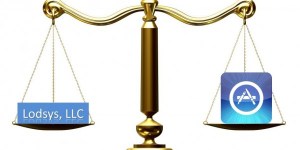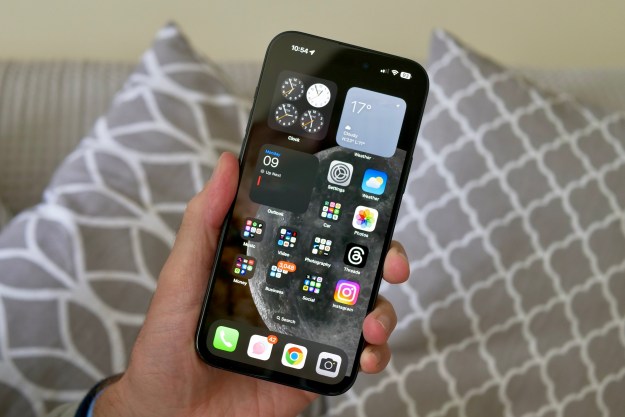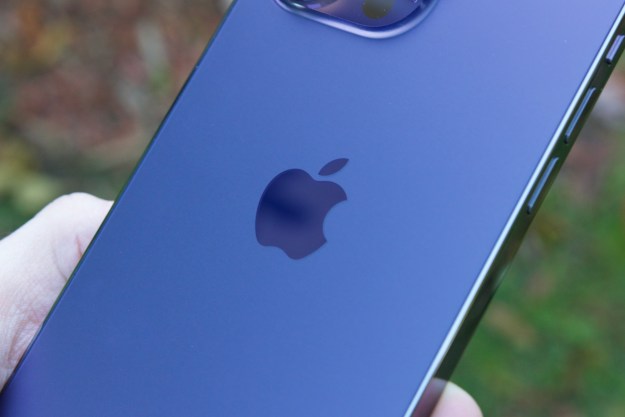
Earlier this month, patent holding company Lodsys filed suits against several iOS and Android developers, claiming their apps’ in-app purchasing technology infringed on one or more of their patents. Apple has maintained that iOS developers are clearly covered under Apple’s own licenses to the technology; now, the company is taking action to protect iOS developers, filing a motion to intervene in Lodsys’ suits against iOS developers as a defendant. And Apple is upping the ante in the battle with Lodsys: the company has filed a counter-claim that Lodsys’s claims against developers are moot in the first place.
Apple was not named as a defendant in Lodsys original suit, and Lodsys has never claimed that Apple did not have license to the patents involved. Lodsys instead contends that Apple’s license does not extend to iOS developers using in-app purchasing technologies, and that those developers must execute their own licenses to the patents. Apple is seeking to have itself inserted as a defendant in the cases—effectively attempting to shield iOS developers from Lodsys’s suits—claiming that its license from Lodsys expressly enables Apple to provide iOS developers with services and technologies covered by the patents. And Apple’s stakes in this are fairly high: not only is in-app purchasing a crucial feature for many popular App Store apps, but Apple’s response to Lodsys will help define the teno of Apple’s relationship with its developers and, hence, the future course of iOS development.
Apple makes no bones about why it wants to intervene in the suit: “Lodsys’s Complaint and its threats to other Apple developers adversely affect the value of Apple’s license and its business with Developers,” the motion reads.
Apple’s counter-claim against Lodsys argues that Lodsys’ claims against iOS developers are irrelevant under patent law doctrines of exhaustion and first sale. Basically, Lodsys purchased the patents in the suit subject to Apple’s existing licenses (the patents were originally owned by Intellectual Ventures); therefore, Apple’s original licenses fall under first sale rules, but Lodsys’s ownership does not have all the rights of the original patent owners—those rights would have terminated when they sold the patents to Lodsys.
Apple’s move comes as its WWDC developer conference concludes, and should give iOS developers some faith that Apple is going to bat for them against Lodsys. The Lodsys case is more important than just in-app purchasing, however: if Lodsys can succeed in its claims and command licenses from individual iOS and (potentially) Android developers, they will likely just be the first of myriad patent holders to come out of the woodwork and demand individual licenses—which could severely impede mobile app development.
Editors' Recommendations
- An Apple insider just revealed how iOS 18’s AI features will work
- Best iPhone 15 deals: How to get Apple’s latest iPhone for free
- Apple accidentally revealed a big iPad Pro display upgrade
- How to add a different home screen wallpaper on iOS 17
- When will Apple release iOS 18? Here’s what we know


